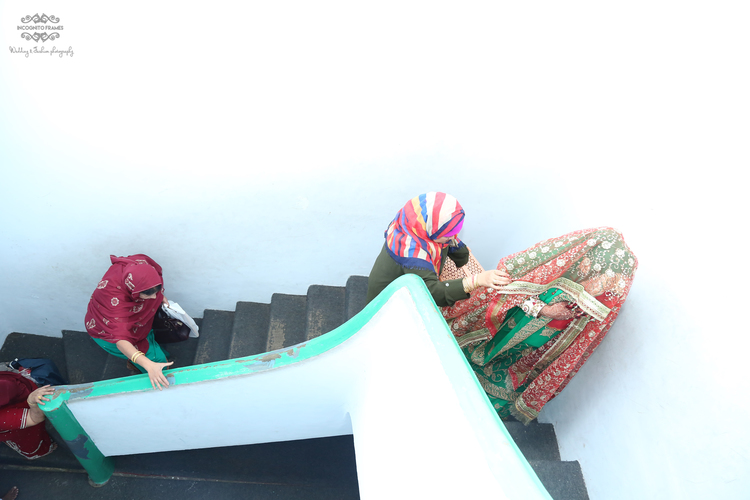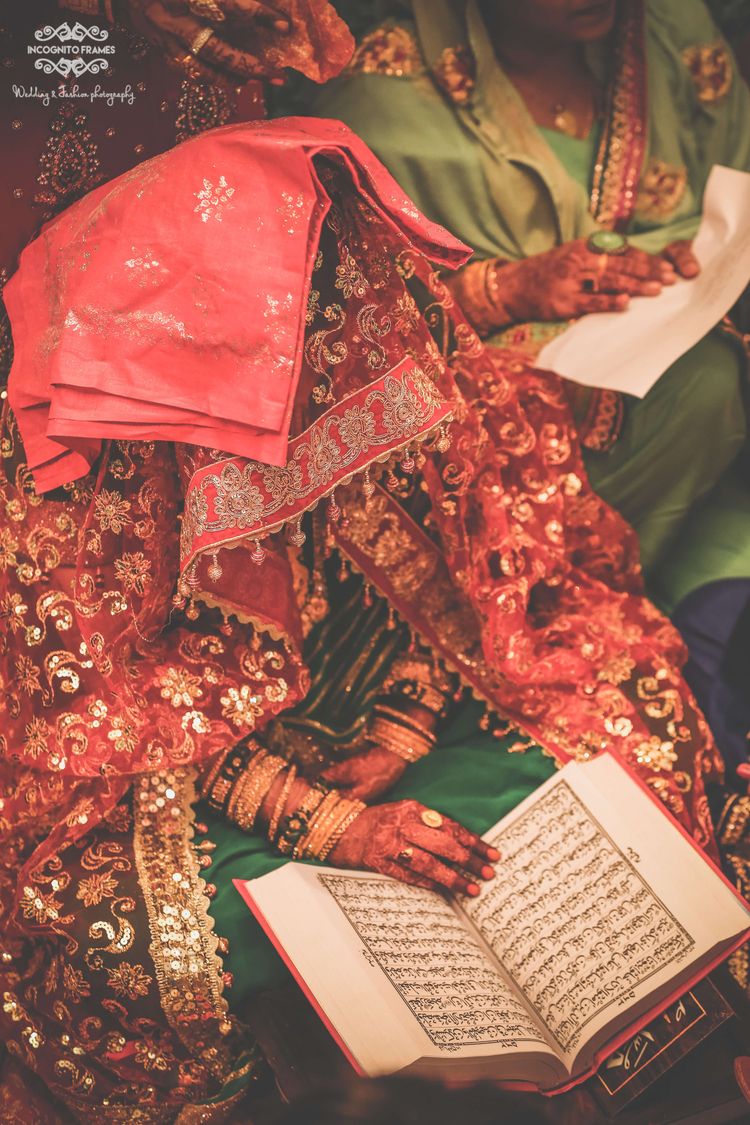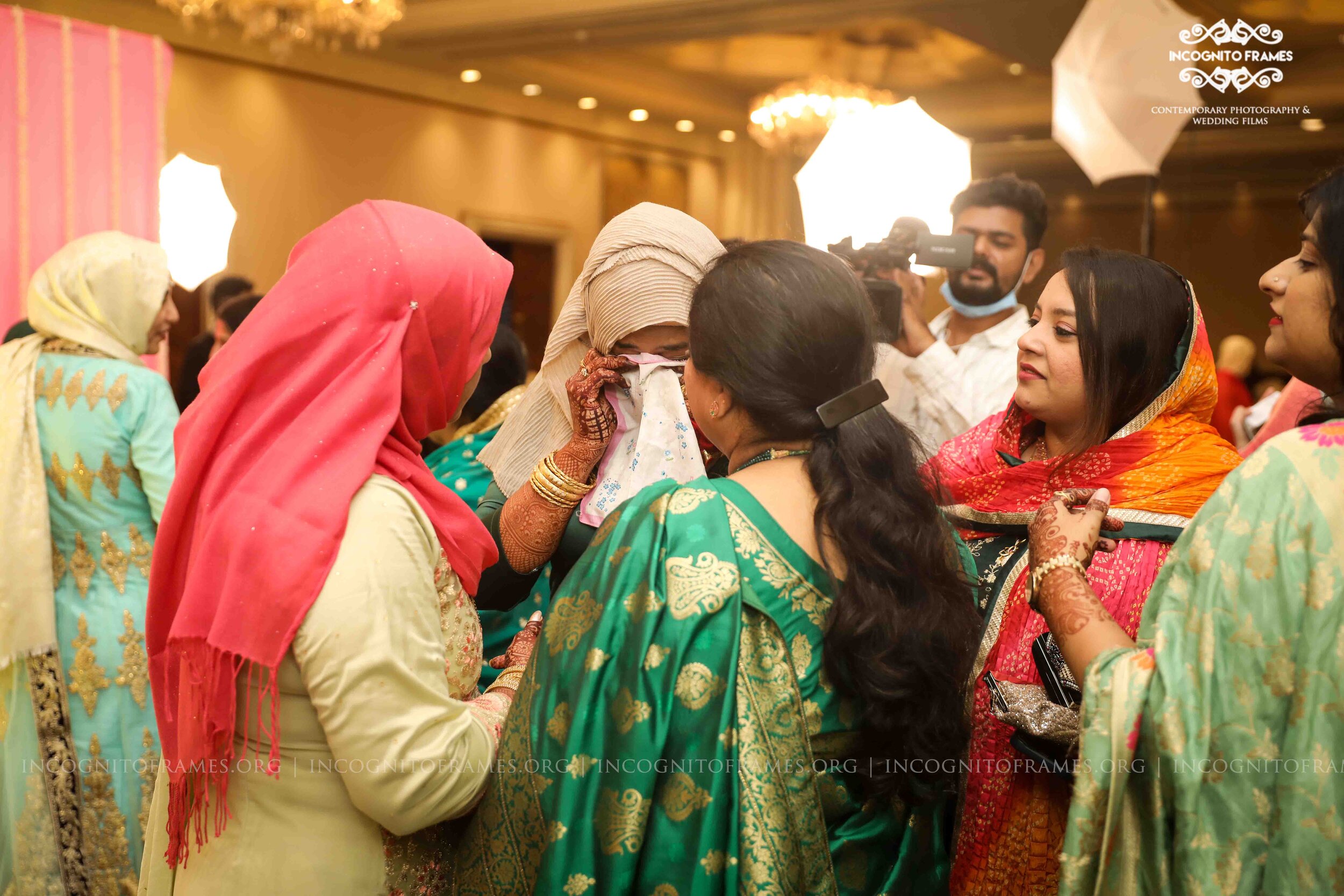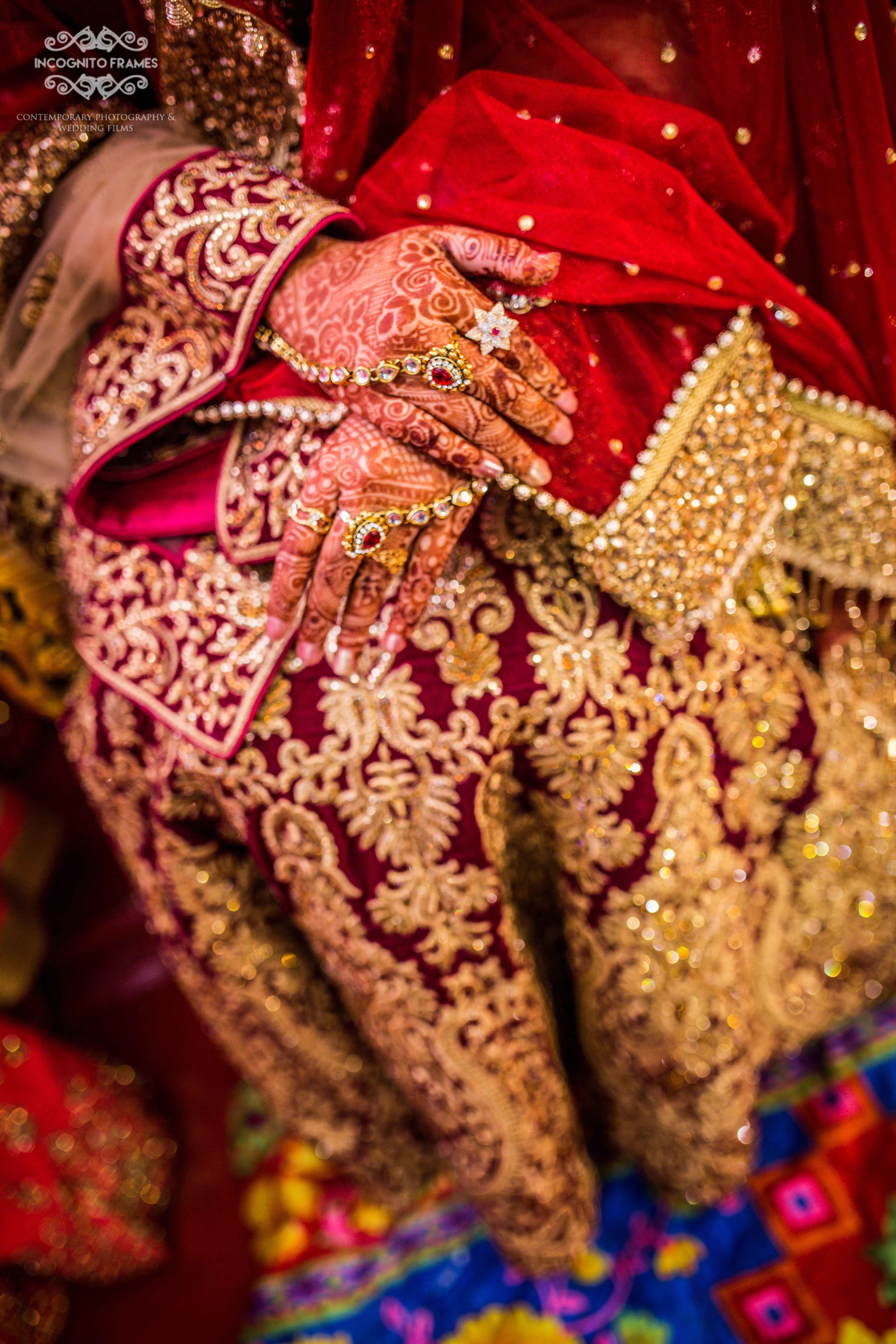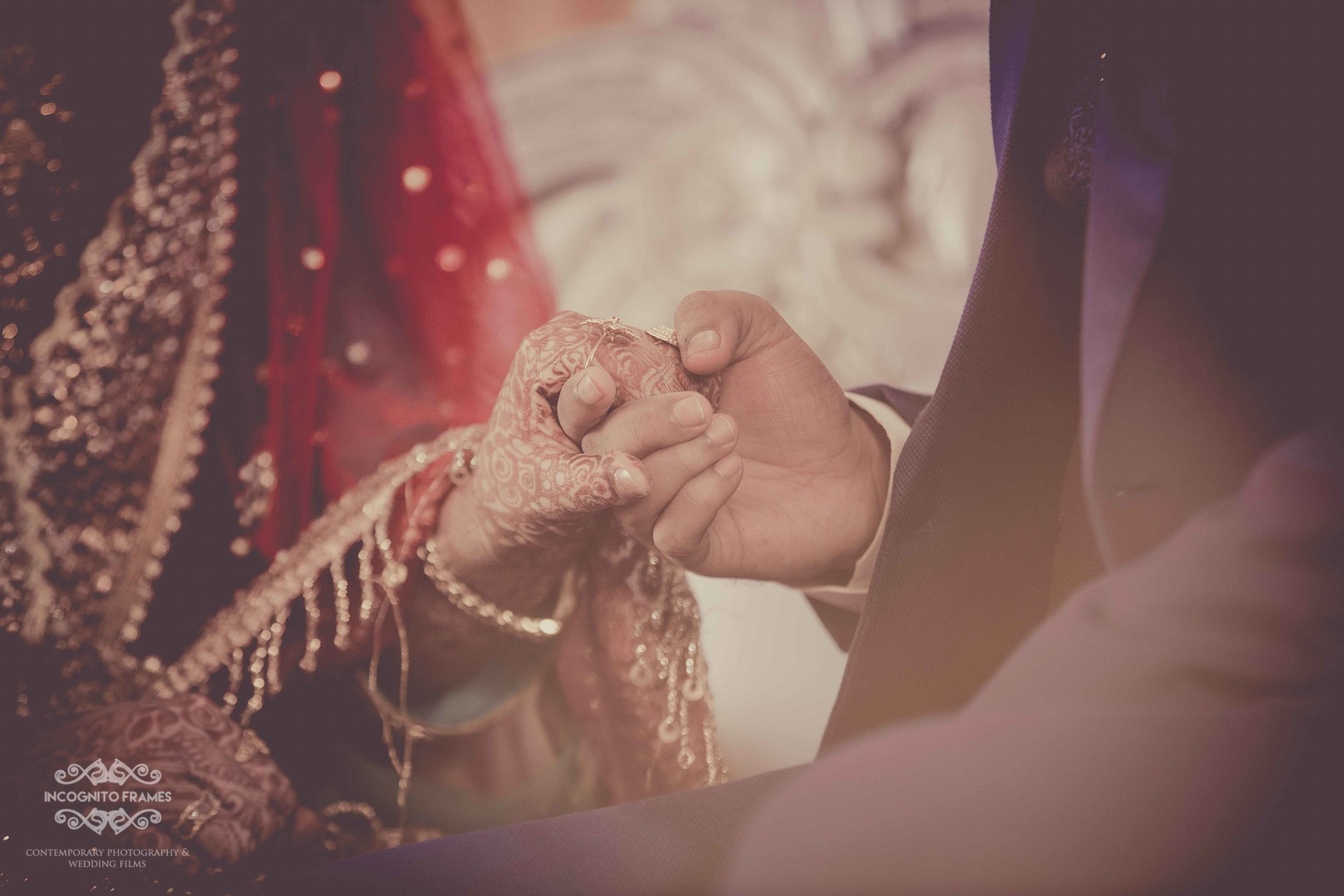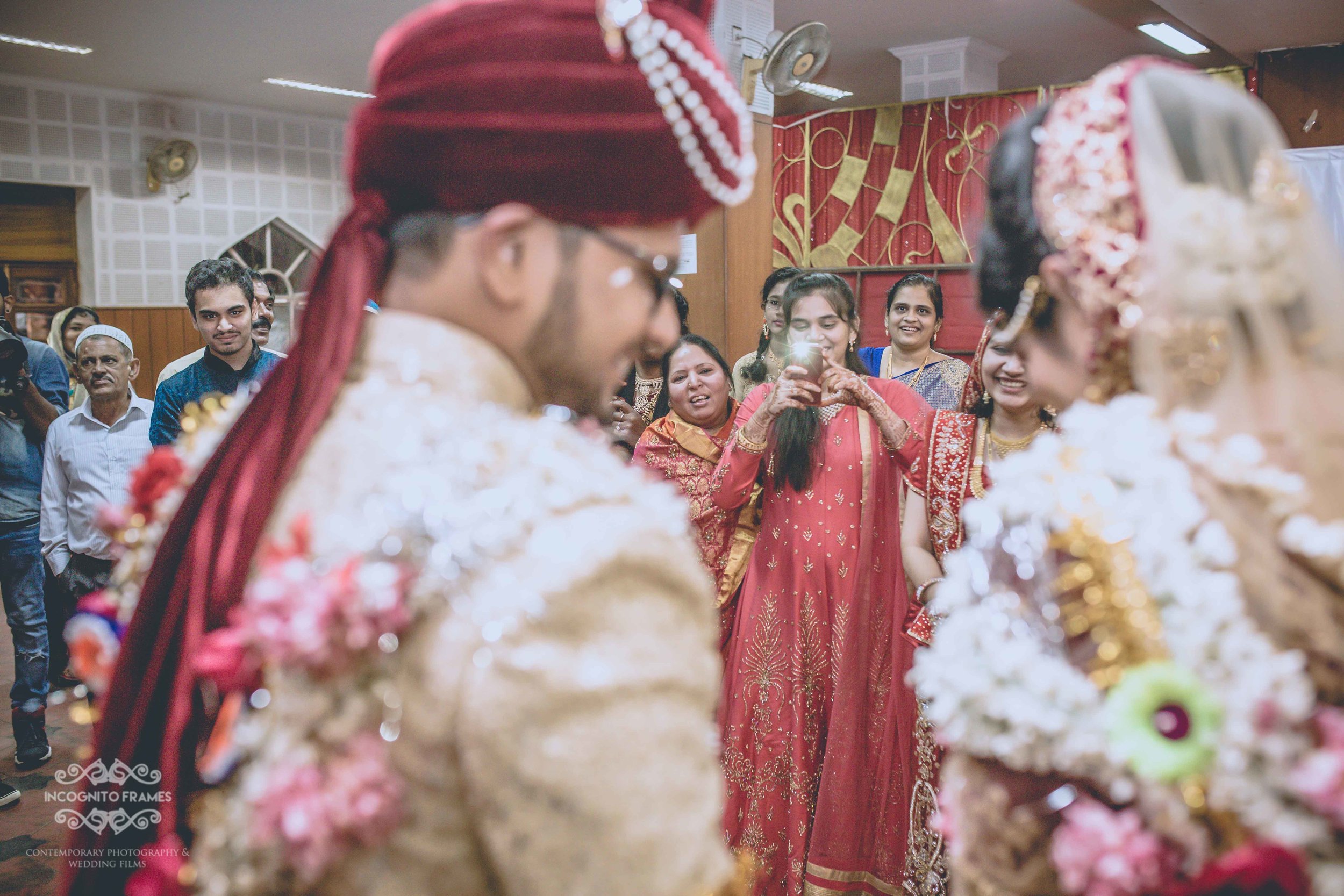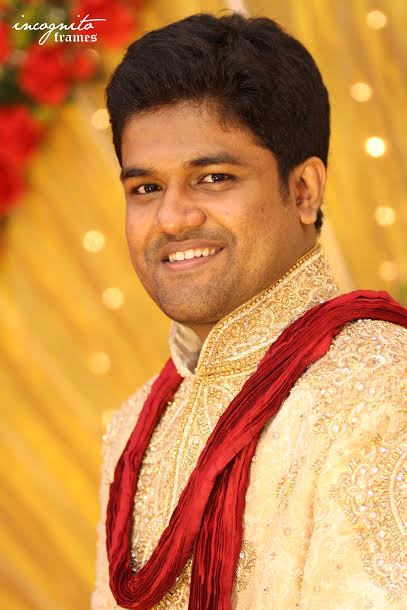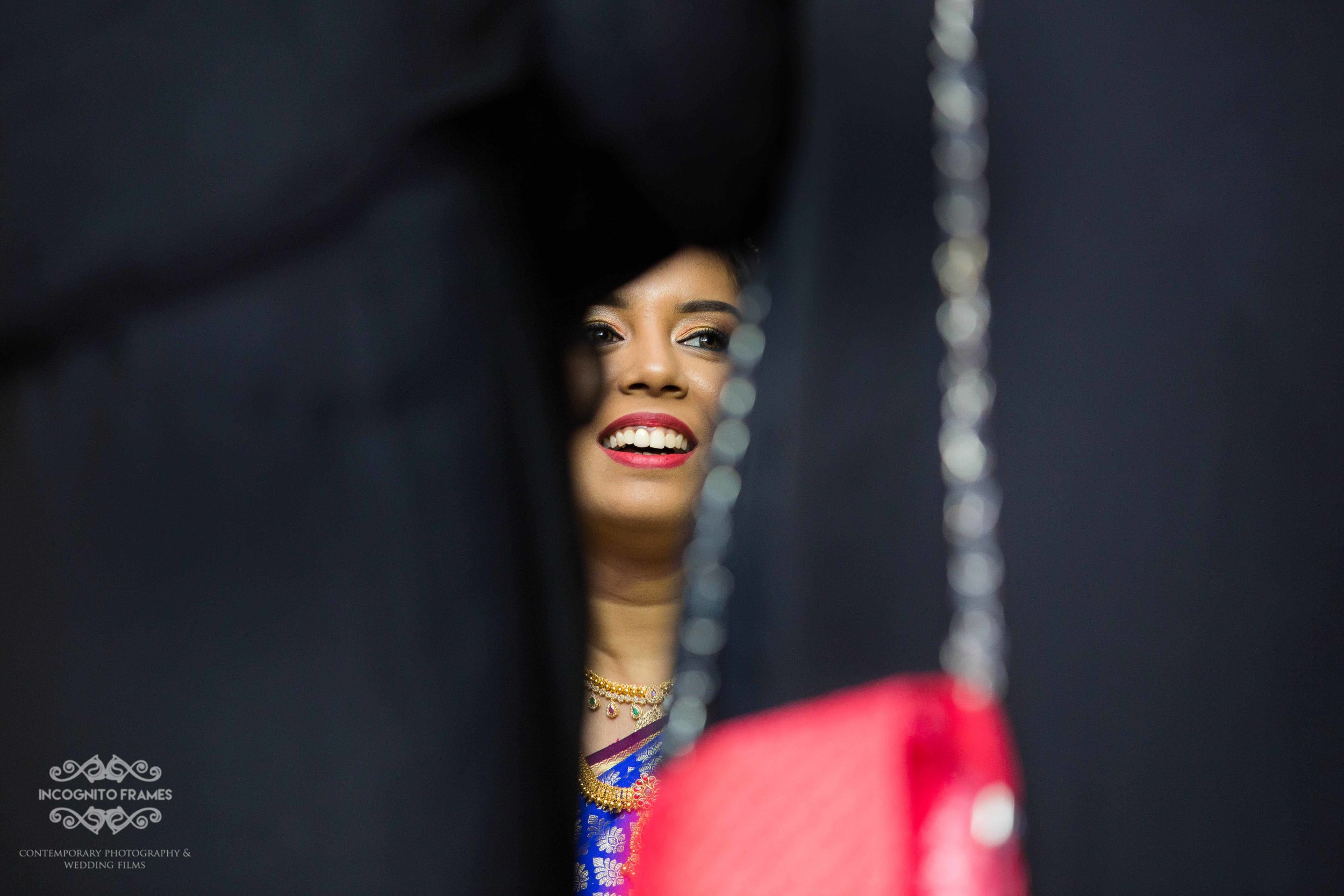Muslim Wedding Photographers in Chennai
Images are assorted collections from our recent Muslim Weddings in Chennai
Every year we get to do Muslim Weddings, other than being offered the best biriyani's there are lot of perks in doing a Muslim wedding, sharing one of our favorite Muslim wedding assignment that we have done in recent times, Khadeer and Thahaseen got married on the last week of 2017, technically the last wedding we did was for them and the post-wedding shoot was shot on 4th of January, making it the first ever shoot of the year.
When it comes to a wedding, every religion has a set of wedding rituals to adhere to. And these rituals are the assets that make the tale of one’s wedding a beautiful one. Be it a Hindu Wedding, or a Christian Wedding or a Muslim Wedding, every religion knows it to make it special with the rituals. This blog will be talking about Muslim Wedding, which is a unique blend of both Islamic and Indian rituals. A Muslim Wedding has a mix of both pre and post wedding rituals which takes about 3 days of celebrations. Let’s take a look at the rituals at a Muslim Wedding:
"Have you done any Muslim Weddings in the past?" is something which we have asked every time we get an enquiry for Nikkah, so we thought of doing a blog just for Muslim weddings, here apart from explaining what is a Muslim wedding and its traditions, we would like to share 30 best images of muslim weddings in Chennai
Presenting 30 Best images from Muslim Weddings in Chennai
Day 1 - Pre Wedding Rituals: Haldhi
Manjha or Haldi: Manjha is a very common ritual for weddings happening in India. Manjha or Haldi is a ritual that takes place one or two days before the Nikah. In this ritual, a paste is made of Turmeric powder, Sandalwood, and rose water. This paste is applied to the bride’s face, hands, and legs. They say, that this adds a shine and glow to the bride’s face. This turns into a fun event, when the bride’s friends and family members play some fun games, songs, and add a different touch to the entire occasion. It is known after the Manjha ritual, the bride is not allowed to step out until her Nikah day. This same ritual is also implied to the groom’s side, at the end, the groom also deserves the pamperings and the shiny glow, isn’t it?!
Mehendi: No Indian function is complete without the Mehendi. This ritual is one of the auspicious things every Indian wedding believes in. The bride applies the Henna on both her hands and feet. To make the Mehendi event look grand, the host also invites a few guests to be a part of the function and ask them to apply Mehendi too. To uplift the entire Mehendi function, the host arranges for a good meal, along with Live music, so the guests can sing and dance too, and make the celebration a better one.
Day 2: On the Wedding: Nikah
Nikah: Here comes the most awaited day for the bride and groom, and also the family members. The Wedding Day or the Nikah Day is the second day of the Muslim Wedding Celebration. The Nikah ceremony is officiated by the religious priest Maulvi. The men and the women are seated in two separate groups to conduct the ceremony. The women surround the bride and the men surround the groom. The bride's father is appointed by Wali to look after the bride's consent in the Nikah by the Maulvi. Post to this, the groom’s family presents the bride with Mehr, which is a pre-agreed amount of money to seek her approval for marrying the groom. Now, the Maulvi starts the Nikah preceding by saying the prayer from the Quraan. He takes the consent of both the bride and the groom, and they have to say Qubool Hai thrice in a row, which means they announce themselves as a wedded couple in front of the society. This ritual is known as the Ijab-e-Qubool. After this, the bride and the groom have to sign the Nikahnama or marriage contract. The Nikahnama outlines all possible duties and rights of the couple as decreed by the Quran. Along with the bride and the groom, there should be at least two observers from each side who also need to witness and sign off the contract too. This is not followed by the recital of Khutba, a religious discourse. The Maulvi then recites paragraphs from the Holy Quran which are the marriage vows. Now the couple can take the blessings of the elders and begin their new chapter!
Day 3: Post Wedding Ritual | Walima
Walimah: In simple terms, it is a Reception, an informal gathering of the guests who come and bless the newly wedding couple and have a good meal. Walimah is basically a way of public declaration of the wedding, followed by a scrumptious feast with the Muslim delicacies.
Weddings are the period of celebration, memories, and good food. But, without these beautiful rituals, no wedding would be a perfect one. Muslims believe in doing a wedding which is simple yet remembered. Remember, to capture these wonderful moments of celebrations by proper professional photographers will be the best call, as when you look back in time, these moments will be as fresh as the pictures captured.

